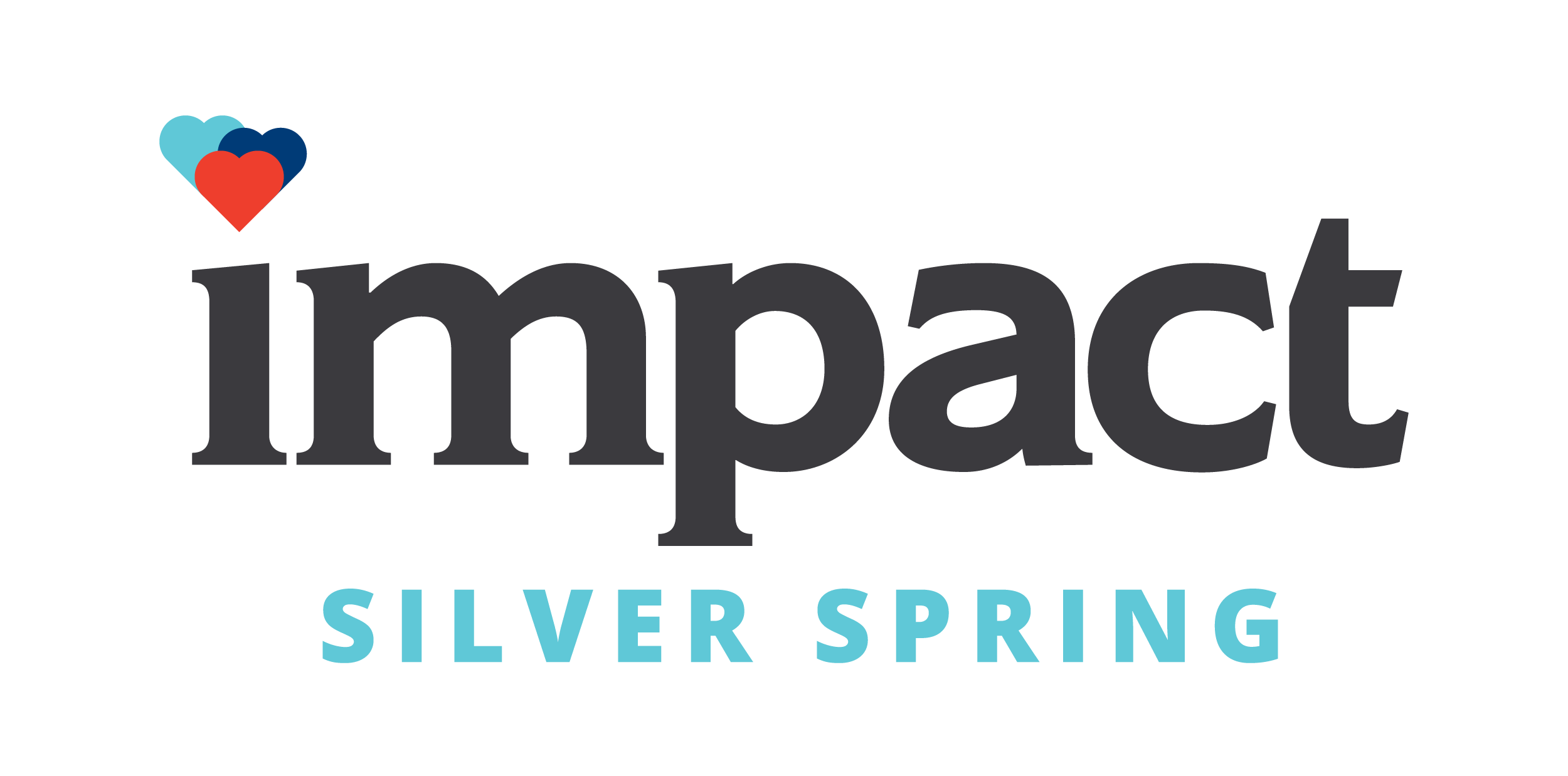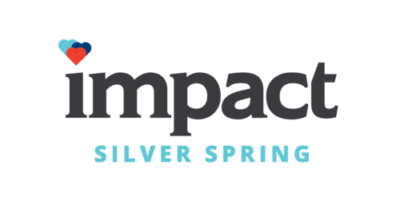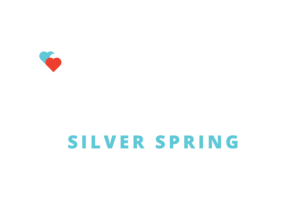Criminal Justice Conversations and Learning About Transformative Justice

written by Rudy Logan
As a Network Builder at IMPACT Silver Spring, in collaboration with Young People for Progress it’s been my pleasure to facilitate bi-weekly, online discussions for a group of mostly BIPOC young adults. Since concluding the planning phase with YPP’s President, Danielle Blocker, the group has explored themes of abolition, defunding, restorative justice, transformative justice and the Montgomery County Public Schools’ (MCPS) Resource Officers (SROs) and Community Resource Officers (CROs) programs. The discussion group is composed of one current and numerous former MCPS students, community workers, organizers, and residents from across Montgomery County, but predominantly East County. Andrew Price, a member of both the East County Book Club and a participant of the Criminal Justice Discussion space, describes the latter as “a place of empowerment.”
What makes this group unique in the Montgomery County landscape is that not only does this group take up questions of policy, but also holistic social transformation — meaning a comprehensive process of change encompassing the mind, body, and spirit.
While exchanging knowledge and experiences, we’re building a rapport with one another. Our conversations centered the Justice in America podcast episodes in relation to our local context, knowledge, and experiences. Hosted by Josie Duffy Rice, this podcast proves to be an invaluable conversation partner, hosting a range of people working to address root causes of crime and harm, while pursuing abolition. There are scholars and organizers such as Mariame Kaba, Derecka Purnell, and Elizabeth Hinton to provide us with historical analysis of the U.S. prison system, and critical insights regarding abolition.
Pursuing collective liberation requires a holistic process–weaving together the interior and exterior life. Within this space we situate ourselves in Montgomery County, Maryland within a national context consumed with questions around defunding the police, abolition, restorative justice, school resource officers, public education, policing, and incarceration. We trace these issues within our local context–ruminating over policy, practice, and educational resources that lend towards a region and school system less susceptible to impunity and its accompanying racial disparities within education and the criminal justice system.
Ultimately, in this discussion space we are capacity-building on a relational, intellectual, and social grassroots advocacy level. The hope is that this space can catalyze new spaces where transformative justice capacity building can take place–resolving root causes of conflict and harm, while enriching social and political networks at the individual and neighborhood level.


